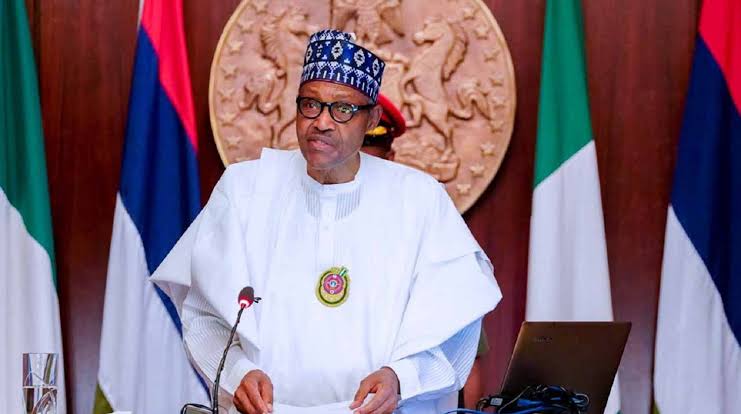The Federal Government has exempted commercial flight tickets from payment Value Added Tax, mygossipshopcrew can confirm.
The exemption, which took effect from January 1, with the kick-off of the new Finance Act 2021, is expected to make the price of air ticket cheaper.
The government had increased VAT from 5 to 7.5 per cent effective February 1, 2020.
The President Muhammadu Buhari administration had in 2018 issued an executive order to remove VAT from commercial flight tickets.
In 2018, Airline Operators of Nigeria had said that its members were spending over N10bn as taxes annually.
The Airline Operators had threatened that its members would no longer pay VAT effective June 14, 2018.
Buhari had while signing the executive order said that the removal “will make air travel more affordable and subsequently lead to the creation of jobs by the air transport service value chain as well as increase revenues for government.
Meanwhile, Aglow Aviation Support Service, has said that some Nigerian airlines may ‘die a natural death’ if the Federal Government fails to take adequate funding action for the airlines.
The Managing Partner of the Lagos based company, Tayo Ojoru, said this on Wednesday in a monitored programme on TVC News.
Ojoru said this as the Nigerian government released N5bn for the aviation industry to mitigate the impact of the Covid-19 pandemic on the sector.
The amount was approved for the first wave of the pandemic.
The government had allocated N4bn for airlines, while N1bn was approved for other allied service providing firms, including ground handling firms.
The managing partner said, “We were in a deep hole in aviation prior to Covid-19, lots of challenges, financially, operational challenges.
“With the second wave that is now having a higher negative impact, the N5bn is a drop of water in the ocean.”
Ojoru said with the current indices in the Nigerian economy and the aviation sector, the country would see some airlines “die a natural death.”
The expert noted that the airlines would face liquidity challenges in the next three to four months.
He disclosed that for every operation that an airline does, on every passenger they lose $72.
Ojoru said, “We are envisaging with the second wave, which is still open ended and up in the air at this point, we are looking at $200m cash burn out and debt within 2021.”
The expert explained that aviation is a catalyst to drive Africa’s largest economy, adding the government does not have resources to save some airlines from collapse.
He said the government could approach the African Development Bank to guarantee loan to grow the airlines.
Ojoru said airlines may collapse without the right funding support from government or banks.
“What we need now is structured financial injection, not necessary from government, it can be structured from other lessors,” said Ojoru.
The Director-General of the Nigerian Civil Aviation Authority, had in December 2020, said that some airlines may be forced to merged due to the impact of the pandemic.
He said, “The COVID-19 pandemic exaggerated a bad situation; some airlines may not survive but the industry will come back better. It has always gone through crisis but has come out stronger.
“The Airlines Operators of Nigeria are coming together to see what they can do to help the situation and they met with me. The industry will be different altogether.”

